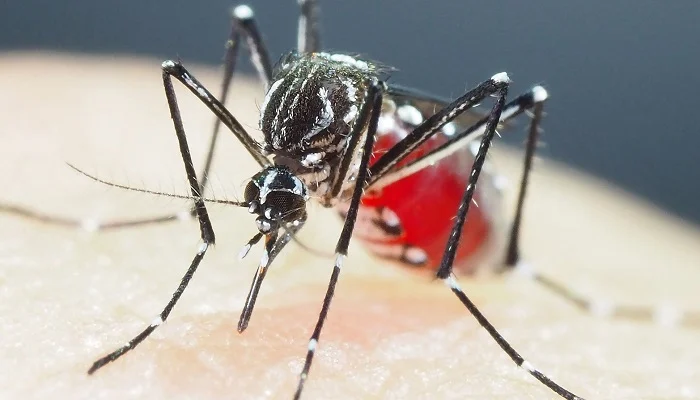ISLAMABAD Pakistan is experiencing an increasing number of mosquito-borne illnesses as a result of the post-monsoon climate, which, when combined with urbanization and inadequate sanitation, created an ideal environment for the spread of dengue, chikungunya, the Zika virus, and malaria, health experts and officials warned on Thursday.
Following the World Health Organization’s (WHO) Global Strategic Preparedness, Readiness, and Response Plan (SPRP) call for a coordinated worldwide response, Pakistani health authorities are attempting to contain the outbreak.
This year, Pakistan has seen a sharp increase in dengue cases, particularly in large cities like Islamabad, Lahore, Rawalpindi, and Karachi. The WHO had documented more than 12.3 million dengue cases globally by August 2024. Due to its perfect climate, which includes temperatures between 26 and 29°C, Pakistan was particularly vulnerable.







